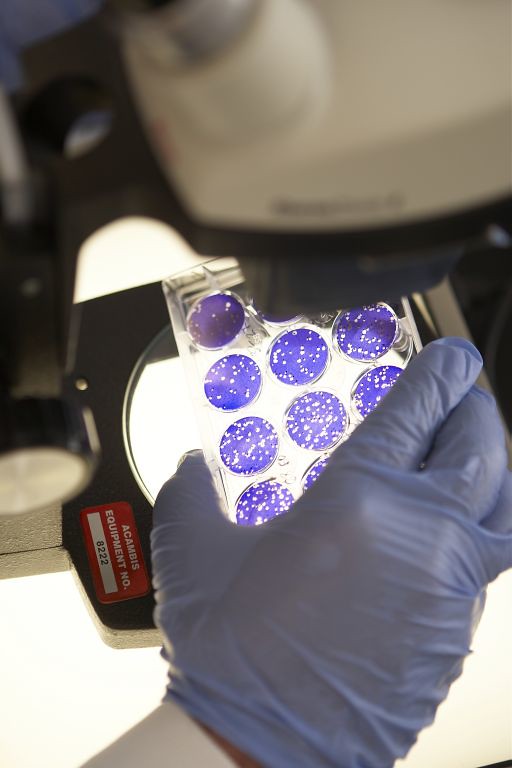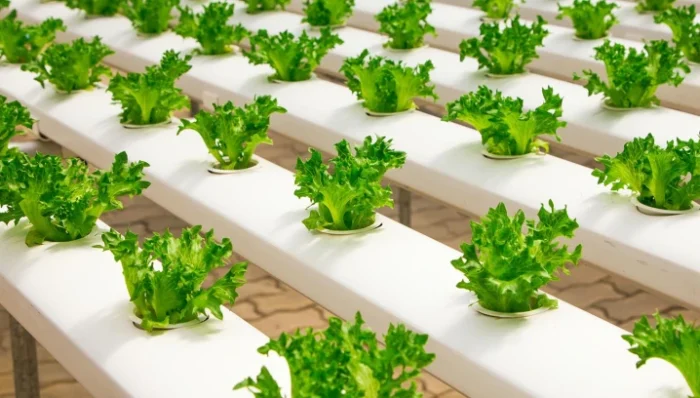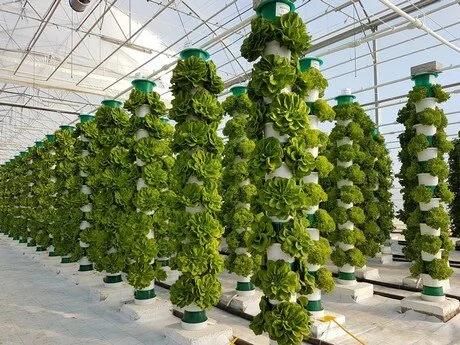Synthetic Biology: A New Era
DNA. It’s the building block of life, the fundamental thing that makes us who we are. DNA consists of four chemicals; adenine, cytosine, guanine, and thymine. They form pairs with each other that when put into a very specific pattern can create life. Without DNA, cells wouldn’t be able to reproduce, and we wouldn’t be able to survive.
Now, some engineers have begun to tinker with DNA, experimenting and gradually figuring out how to code it, much like how people can program computers. They take an engineering approach to biology, and are able to make precise edits to DNA or are even able to create genetics in entirely new combinations. Imagine being able to create an entirely different species of life!
This is just with scientists experimenting. If you add machines, the process can get even faster. In an article published in Nature Communications, scientists were able to find d algorithms that could predict what would happen if you changed something in a cell’s DNA, and were able to give recommendations for future experiments.
Synthetic biologists have high hopes for their field. Their plans include creating biofuels, which could be an alternative for fossil fuels, alternatives for meat, and mushroom based building materials. The scientists also hope to engineer far more sustainable products than the conventional industry, which would help the fight to end global warming.
All of this is crazy to think about, but will the public accept synthetic biology? A global Pew Research survey released in September found that the majority of the public believes that Genetically Modified foods are unsafe to eat, rather than safe to eat. Maybe the world isn’t ready for synthetic biology, or maybe it just needs to get used to the idea. Either way, these scientists are just starting to figure out how synthetic biology works.
RELATED STORIES:
https://www.axios.com/synthetic-biology-enginereing-ef7f3ddf-f3d1-4323-8a0a-d60e02b71b70.html
https://archive.bio.org/articles/synthetic-biology-explained











